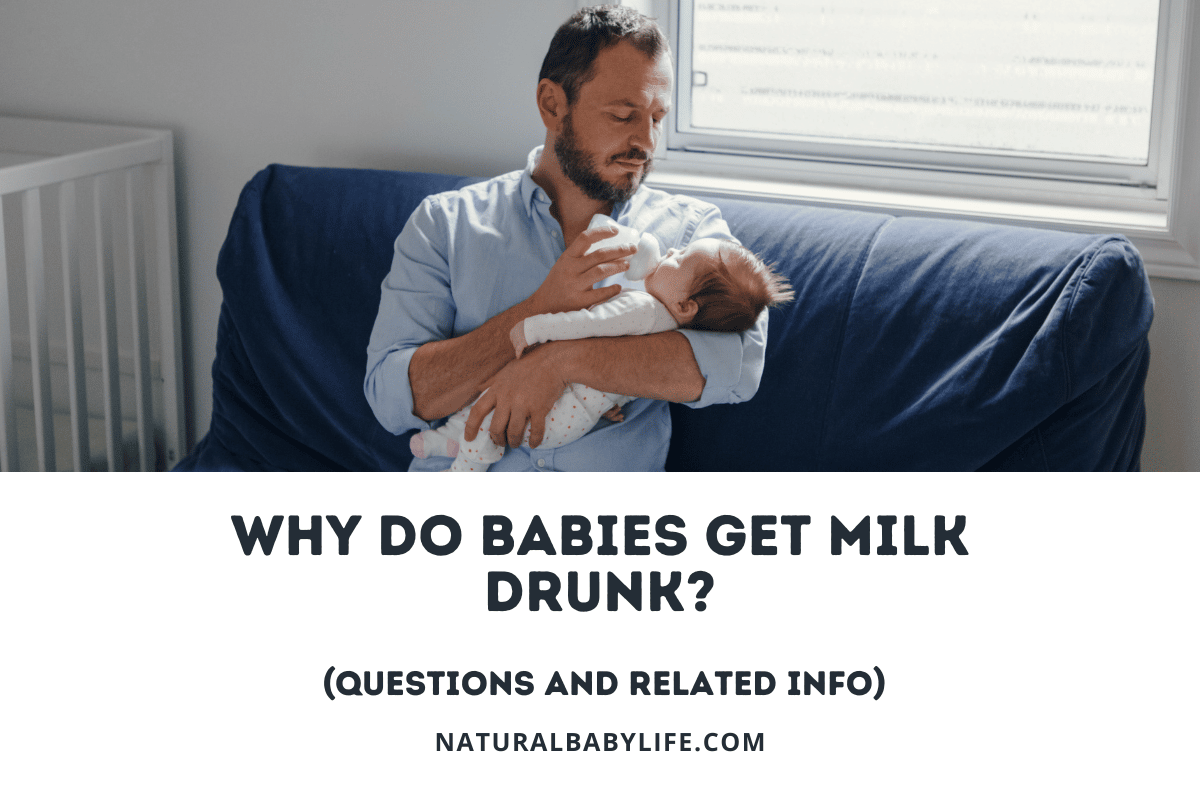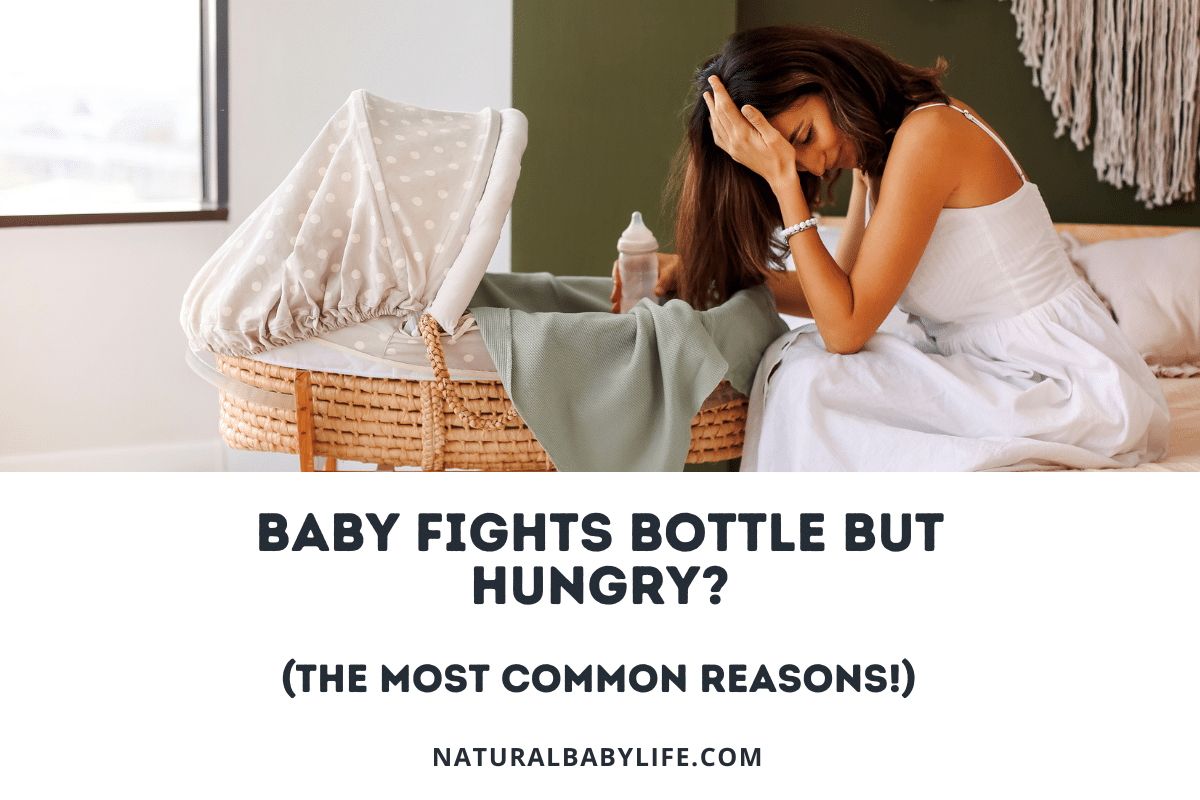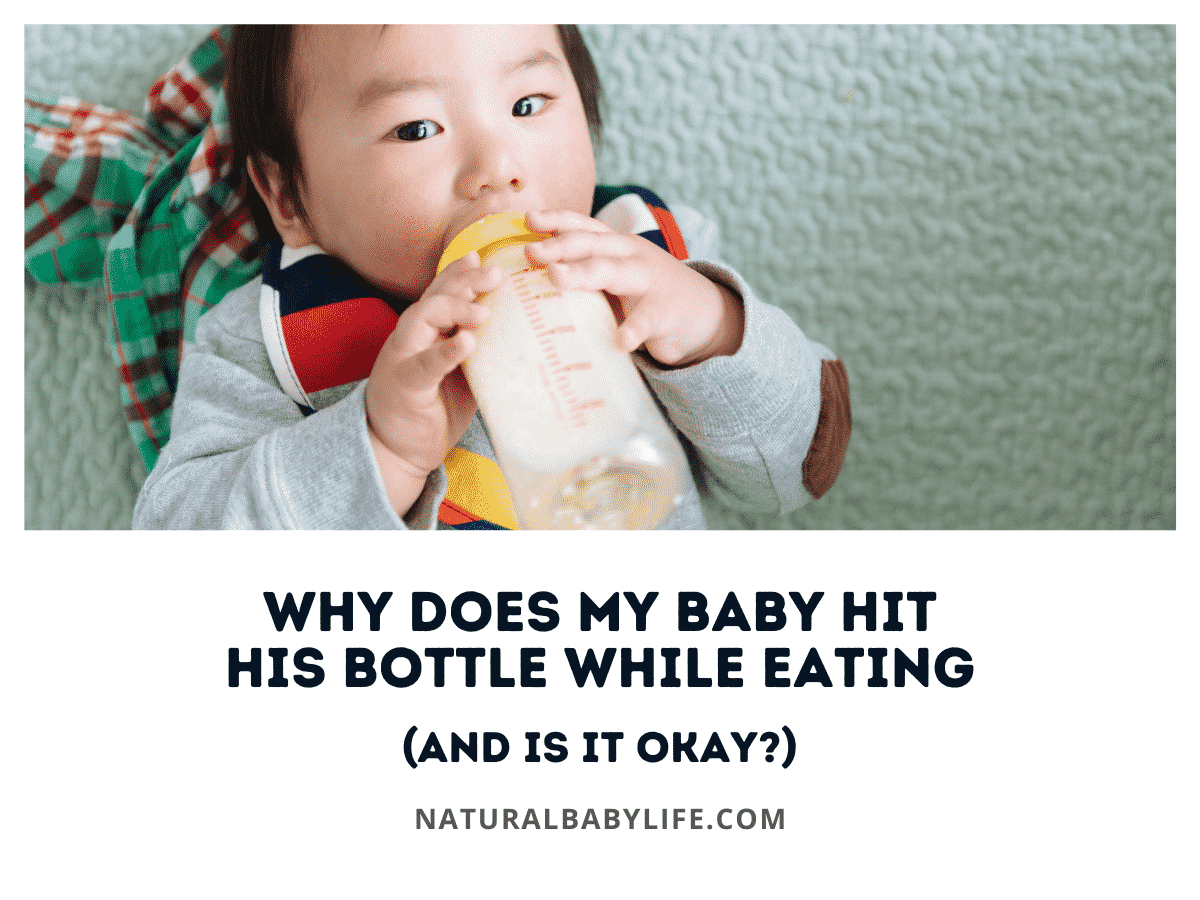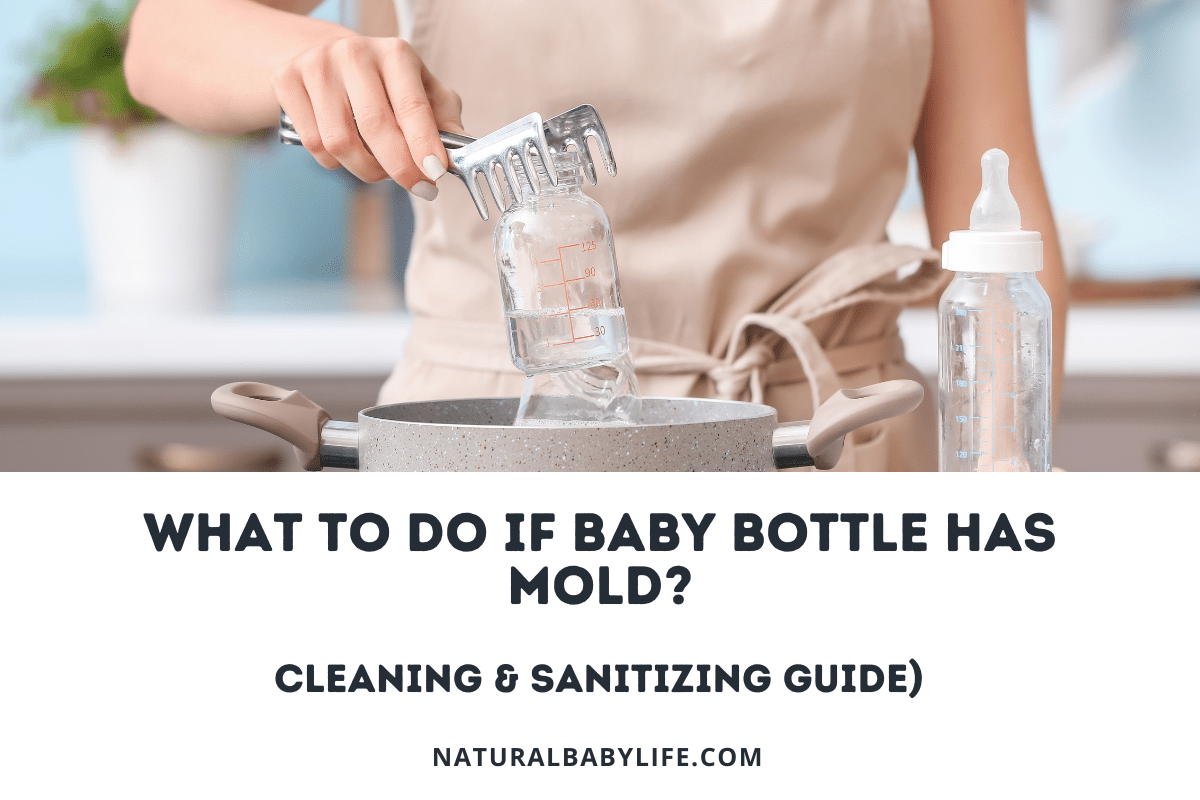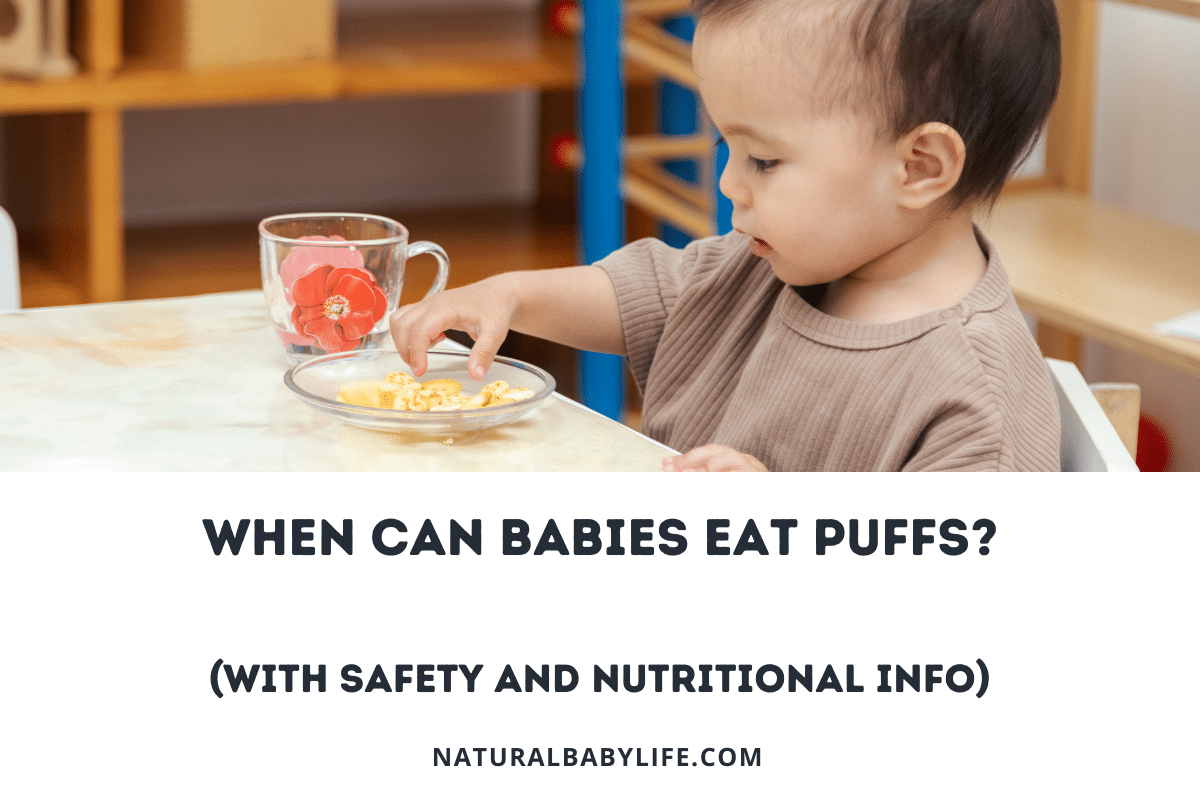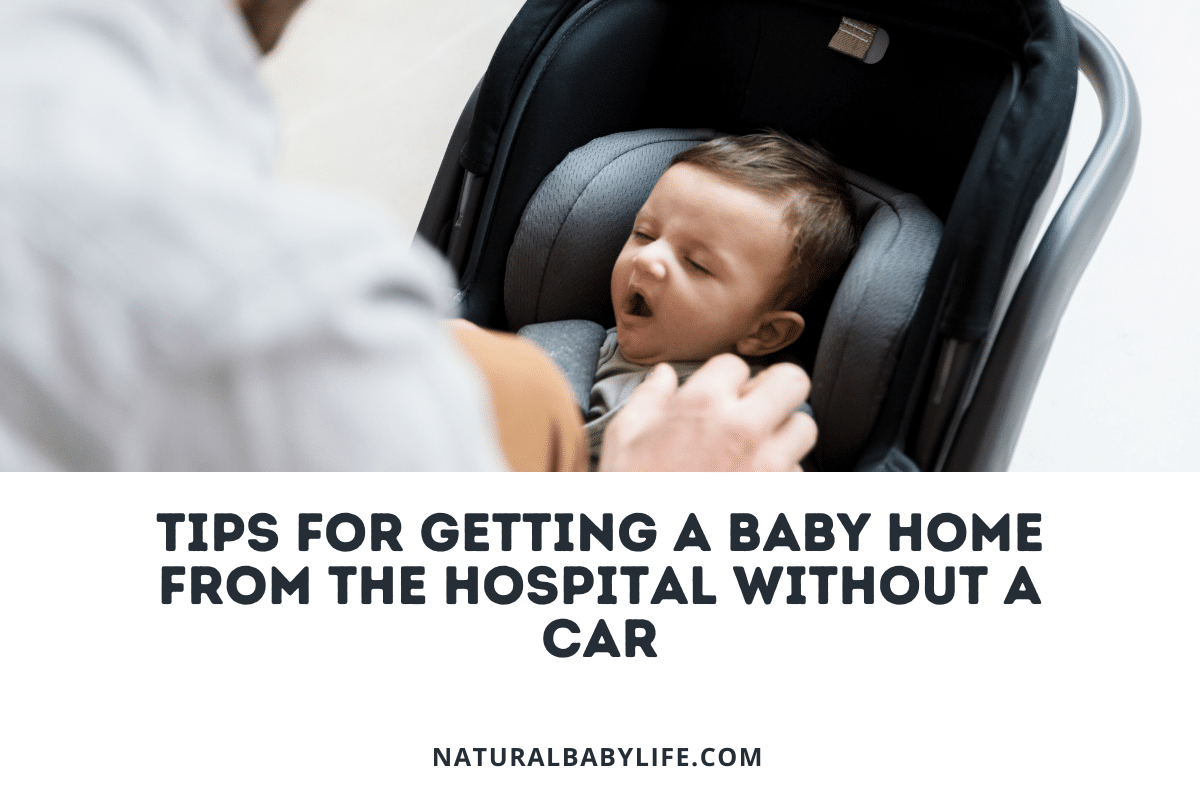Few things are as satisfying as holding a milk-drunk baby. That sweet, relaxed expression and the warm, floppy body of a milk-drunk infant are the stuff parents’ dreams are made of. But what’s happening when your baby is milk drunk?
The term ‘milk drunk’ simply refers to the state of comfortable relaxation that babies enter after being held and fed. It comes from a combination of a full tummy and the oxytocin released when they are held by their caregiver.
Read on to learn more about the adorable state of babies after they’ve had a satisfying feed.
Table of Contents
Why do babies get milk drunk?
A quick Internet image search for milk-drunk babies will yield nearly endless photos of newborns and young infants fast asleep after a feed. They look just as peaceful–and as oblivious to the outside world–as any young adult passed out after a hard night out with friends and booze.
“Milk drunk” doesn’t refer to alcohol intoxication passed on from you to your baby. Instead, it’s just a colloquial term for the blissed-out state that some babies enjoy after a feed, and the traits of milk-drunkenness are simply those of a full, satiated baby.
Between birth and five months, babies let you know they’re full by pulling away from the bottle or breast, turning their faces, relaxing their hands, and falling asleep.
Besides feeling comfortably full, babies also receive essential psychological and physiological benefits from being held during feedings that contribute to that milk-drunk state of relaxation.

Holding a baby releases oxytocin for both the parent and the baby. Oxytocin is a feel-good chemical messenger for your brain that contributes to feelings of trust, parent-child bonding, and recognition.
So, holding your baby during their feeding contributes to their feeling good and relaxed, and it also helps you the parent to feel good–which in turn makes the milk drunkenness even cuter!
How much milk given is considered to be milk drunk?
Because milk-drunk isn’t a scientific term and is based on an individual baby’s comfort and satiation, the amount of milk needed will vary from baby to baby and be based on his or her needs.
Caregivers should feed newborns on demand, meaning offer them formula or breastmilk when the baby shows signs of hunger. Newborns typically nurse every one to three hours for 10 to 15 minutes on each breast. Formula-fed babies eat two to three ounces every two to four hours.
As your baby grows, they will need to eat more with each feeding. Unless otherwise recommended by your pediatrician, it is fine to continue feeding your baby on demand. Newborns should not go more than five hours without eating.
Signs that your baby is still hungry include moving their mouth from side to side and rooting, putting their fists in their mouth, crying, and puckering their lips.
Alternatively, indications that your little one is eating enough is producing six to eight wet diapers per day, having regular bowel movements, sleeping well, being alert when awake, and gaining weight.
Why doesn’t my baby seem milk-drunk?
While the different components of satiation and relaxation after eating are typical until five months old, some babies seem milk-drunk more often than others. Reflux or colic are the most likely culprits if your baby doesn’t often seem milk-drunk.
When babies suffer from reflux, they may gag or choke during feedings and spit up after feedings. As you might imagine, this would make it hard to experience the relaxation of milk drunkenness.
Reflux happens to babies in the same way as adults, and recently pregnant people can certainly relate to the intense chest pain, burning throat, and coughing that can result. Reflux occurs when the contents of your stomach back up into your esophagus.
Besides irritating the throat, babies can vomit up their stomach contents and then breathe them into their lungs during reflux episodes.
Ways to address reflux will prevent the full, relaxed feeling that babies experience that creates that milk-drunk look. Experts recommend small, frequent feeding, holding the baby upright during feedings, and keeping them upright for 30 minutes after eating.
Similarly, babies who suffer from colic will have a harder time experiencing milk-drunk relaxation. Colic is defined as prolonged and excessive crying by an otherwise healthy baby. While the exact cause of colic is a mystery, it typically resolves around 3 months of age.
Is there a difference between getting milk drunk from formula vs. breast milk?
Formula and breastmilk both provide safe, healthy nutrition for your baby. Both will satisfy your baby to the point of milk-drunkenness.
It may be easier to ensure that your baby is getting enough to eat if you bottle feed either breastmilk or formula, but paying careful attention to your baby’s hunger cues and adequate growth are the key signs to watch for with any manner of feeding.
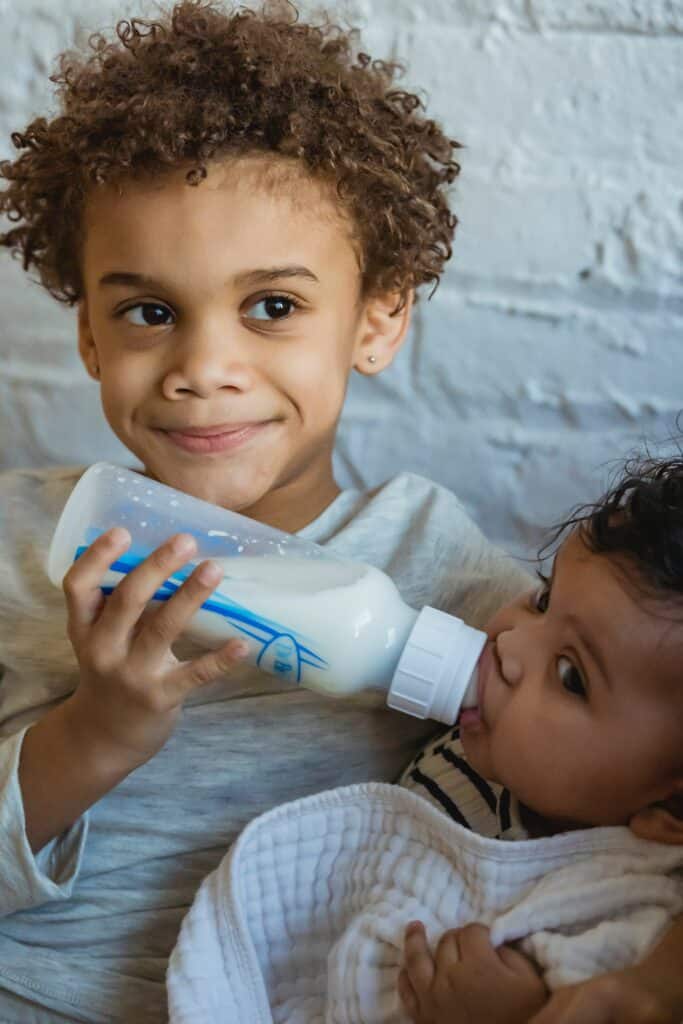
Also, all positive parent-child interactions stimulate oxytocin release in the baby, so the actual mechanism of breastfeeding isn’t necessary for milk-drunkenness. Surprisingly, studies that measure oxytocin levels have found that skin-to-skin contact is the type of interaction that triggers the greatest oxytocin levels, and that can be done with any feeding method.
How often is it okay for babies to get milk drunk?
Newborns can appear milk drunk after every feeding because they sleep so much. Newborns can sleep as much as eight hours of sleep during the day plus another eight during the night. So, it’s entirely feasible that they take a good, relaxed nap every time they eat.
As your baby gets old, their daytime sleep needs decrease to only about three hours during the day. As that happens, it’s less likely that they’ll sleep after every feeding, so you’ll see less milk-drunkenness as they grow.
What possible concerns are there if your baby gets milk drunk?
While the feelings of relaxation and comfort aren’t harmful, it is possible to overfeed your baby
The most negative outcome of overfeeding a baby is the baby’s discomfort, which will likely lead to crying as they have stomach pain. Overfed babies might also spit up more.
Babies rarely overeat on their own accord, and instances of overfeeding typically happen when the caregiver misses or ignores the baby’s cues.
Obesity can impact infants, but you should consult with your child’s pediatrician before trying any type of caloric reduction. Babies need a large amount of fat in their diets to support their development, and calorie restriction can cause long-term negative effects.
How does getting milk drunk effect babies’ sleep?
Babies, especially newborns, sleep a lot. As a result, those periods of extreme relaxation shouldn’t negatively impact their sleep.
However, if your baby is sleeping more than the recommended amount for their age, it’s worth a message to the pediatrician. Babies tend to sleep more during periods of illness or after vaccinations, but it can also be a sign that they’re not getting enough to eat.
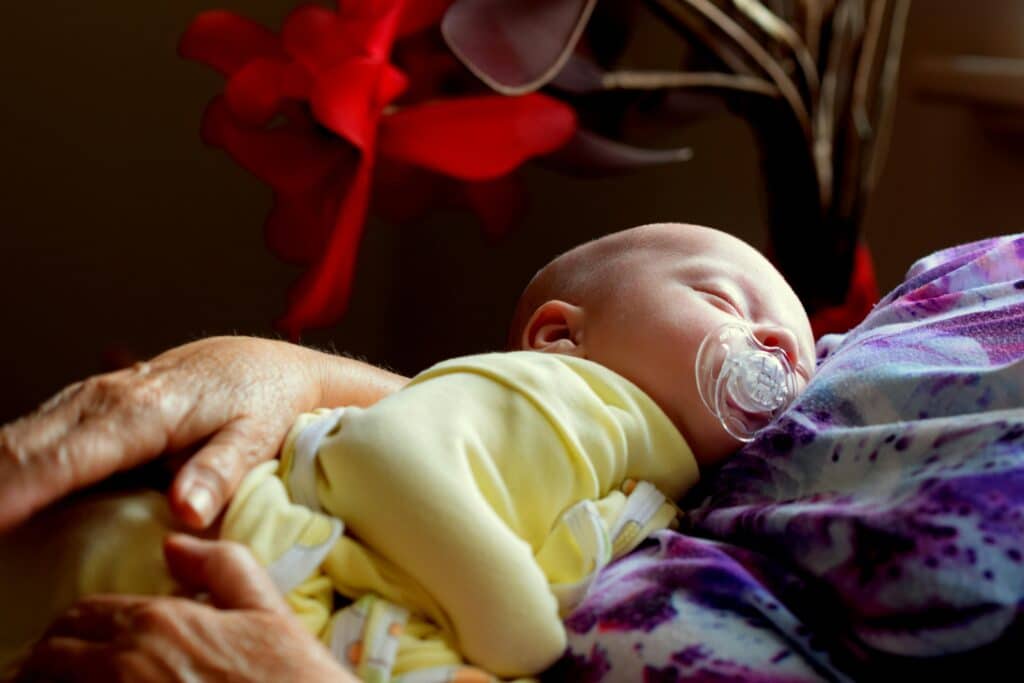
And, keep in mind that newborns should eat every two to three hours. You might have to rouse them out of one nap for a change and feed just so they can start another round of napping.
Is it bad to feed babies to sleep so they can be milk drunk?
Regularly feeding your baby to sleep is a matter of personal preference. Medical experts typically recommend creating a sleep routine once your infant is out of the newborn stage. However, that’s to facilitate an easier family life rather than out of medical necessity.
It’s nearly impossible to keep a newborn awake after a feed. As your baby gets older, they’ll consolidate their sleep into fewer, larger stints throughout the day and night. You may want to create a night-time sleep routine that isn’t dependent on feeding.
Of course, if your goal as a parent is to get maximum sleep yourself, you’ll probably want to send your baby to bed with a full belly. Babies lack the ability to sleep through the night without eating until they’re about 13 pounds. However, only about two-thirds of babies sleep through the night without eating at six months.
Can babies get drunk if the mother drinks alcohol?
‘Pump and dump’ is such a cultural phrase that you might think that you pass along alcohol in breast milk at such high levels that your infant will actually be drunk instead of milk drunk.
Doctors agree that it’s unlikely your baby will become drunk. Instead, excessive alcohol consumption via breast milk could interfere with the baby’s sleep patterns, growth, and early development.
The CDC confirms that up to one drink per day isn’t known to be harmful to the infant. Instead, the more significant concern is that frequent alcohol usage can interfere with breastfeeding because it can negatively impact the mother’s milk let down.
The alcohol level in breast milk is the same as the mother’s blood alcohol level. As the mother’s BAC decreases, so does the alcohol level in the breast milk. It takes approximately two hours for one drink to be filtered out of your body.
Pumping and dumping doesn’t make the next round of milk automatically safe. Rather, it provides a breastfeeding person comfort to reach that two-hour mark.

